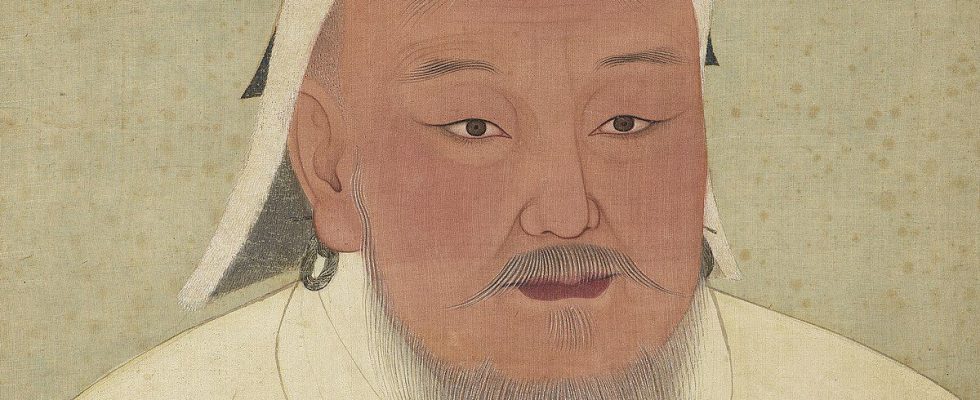In continuous area, it was the largest empire in history. In the wake of Genghis Khan, the Mongols linked, in the 13th and 14th centuries, Eastern Asia, the Islamic world, the Slavic world and Europe. Globalization before its time: for the first time, travelers and merchants were able, without too much risk, to travel from Italy to China. However, from this pax mongolicawe often retain only the image of bullies on horseback motivated by looting, but without real political ambition.
In the remarkable The horde, Marie Favereau, a specialist in medieval history at the University of Paris Nanterre, brilliantly depicts the Mongols as precursors of liberalism, sweet commerce, and even the trickle-down theory! Above all, his book focuses on the Golden Horde of Jochi, neglected by historians in favor of other lineages descending from Genghis Khan (the Yuan dynasty which reigned over China, or the Ilkhanids which dominated Persia). However, the Jochides, from the 13th to the 15th centuries, controlled Central Asia, present-day Russia, Ukraine or Bulgaria, leaving a lasting impact on all these regions.
Eldest son of Genghis Khan, Jochi received the westernmost territories of the empire. But, fallen into disgrace, he cannot claim his succession, while his heirs will not be able to apply for the title of “khan”, or Mongol sovereign. Conquering the principalities of Rus’ and venturing as far as Hungary, the Horde gained independence there. While this work retraces its military successes, it shows to what extent it also conducted a liberal trade policy. Far from the cliché of parasitic nomads living on the hook of sedentary societies, the Mongols created wealth, relying on long-distance trade and the circulation of goods and money rather than accumulation.
The emergence of Moscow
Whatever their rank, the Mongols practice redistribution, while children do not wait for the death of their parents to receive their share of the family fortune. Ethnic or religious affiliation counts less than the tax contribution. In the 1260s, the Jochid elites converted to Islam, which strengthened ties with the Egypt of the Mamluks. Another secret of Mongolian growth: integration. Even newly defeated enemies can be incorporated socially, thus strengthening both economic and military power.
Fluidity, flexibility, adaptation to local conditions… For Marie Favereau, it is the flexibility of the Horde, linked to its nomadic way of life, which explains its longevity over nearly three centuries. It would take the economic shock of the Black Death and the disintegration of the rest of the Mongol Empire for the Jochids to fragment for good.
The subtitle of the book, “How the Mongols changed the world”, has nothing to do with advertising. By bringing down Baghdad, the Mongols provoked the shift of the center of Islam from Iraq towards Egypt, but also towards the capital of the Golden Horde, Saray, in the lower Volga. Central Asia and the Crimea are becoming Islamized. The Jochids also contributed to the rise of Moscow, supporting its princes and stimulating Russian economic growth with their merchant network. The future capital was thus able to take advantage of the decline of kyiv and Vladimir.
“Today, many communities in Russia and Central Asia continue to see the Horde as the pivot of their national history,” explains the historian. Uzbeks, Kazakhs or Manghit-Nogay are descendants of the Jochide powers. The Russian national narrative will put forward the repression of the Mongols as a founding act, symbolizing the date of 1480, that of the face-to-face on the banks of the Ugra between Ivan III of Muscovy and the Golden Horde. But when Ivan IV, known as “the Terrible”, claims to be emperor in 1547, he takes the title of “tsar”, hitherto used by the Russians to designate the Jochid leaders, thus positioning himself as their successor.
The Horde leaves to posterity few architectural or written traces to remind us of its splendour. While modern empires have referred to Athens, Rome or Baghdad, the Mongol epic has fallen into oblivion, victim of prejudices which consider that only sedentary and urban lifestyles can allow religious freedom like economic development. And the “horde” to become, in common parlance, synonymous with “savage”…
The horde. How the Mongols changed the world, by Marie Favereau. Perrin, 426 pages, €25.
